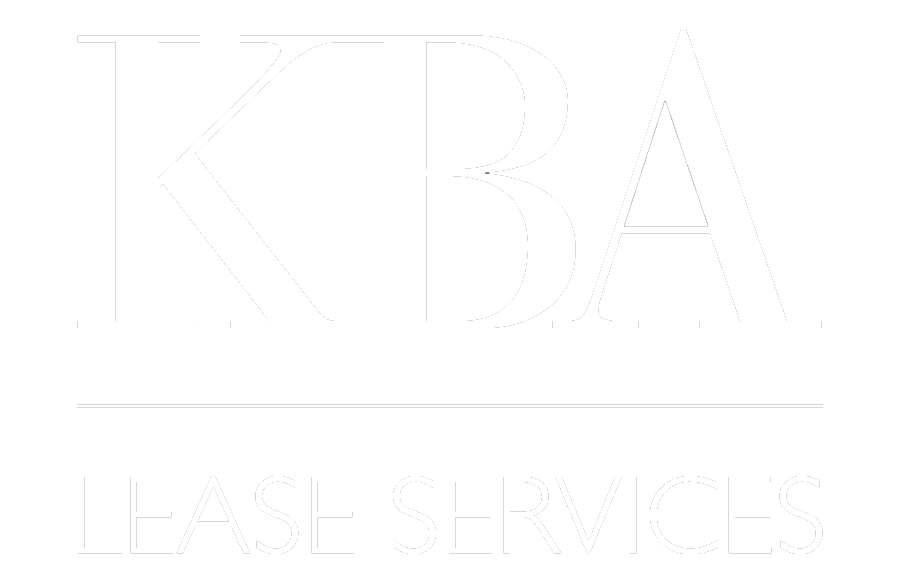Why you need to comb through your operating expense bills
Gone are the days when tenants could comfortably rely on their landlords to follow the leases when billing ancillary charges such as operating expenses, taxes and sundry charges. In fact, as the real estate market has softened, landlords are devoting more time and resources to finding new and creative ways to increase revenue (See “Revenue Recovery” in Commercial Investment Estate Magazine). As evidence of this, landlord-side audit programs have become more prevalent, and many tenants are being jolted by new and revised operating expenses bills that go back several years.
Ironically, landlords have been successful at limiting their tenants’ reciprocal ability to review the accuracy of the charges. Note that under the guise of granting their tenants “audit rights,” Landlords actually take them away! Audit rights in leases are almost always more limiting than what the tenant can do in the absence of such rights. Sending an incorrect bill constitutes a breach of contract, which gives a tenant the right to recover lease overcharges anywhere from 4 to 10 years, depending on the state. (For a more detailed discussion of lease audit deadlines and other restrictions, see our LeaseTip™ – “Negotiating Lease Audit Rights”).
Now, more than ever, tenants should be reviewing their leases and bills to make sure they do not contain overcharges or errors. Here are a number of important reasons why tenants should increase their vigilance with respect to operating expenses and other pass-through charges:
1. The onus is on you to point out errors.
At the beginning of each year, landlords reconcile their buildings’ actual expenses with the estimated amounts paid by their tenants during the prior year. They then issue adjusting statements to settle each tenant’s liability and establish the new estimates for the current year. Even though landlords must follow the leases when issuing these statements, they have no incentive to self-police their charges and place the burden on tenants to identify errors and bring them to their landlords’ attention. If they don’t, the bills are considered conclusive and binding on the tenant. What’s worse, tenants have a very short period of time to both identify and dutifully object to such errors; which brings us to . . .
2. Time works against you.
Unfortunately, many tenants agree to lease provisions that provide very short windows (usually 30-120 days) and particular procedures (who can audit and how) to object to billing errors. If the tenant does not object in time or does not follow the correct procedures, the statements are deemed correct and errors are no longer fixable.
3. You spend the time and resources to create a particular lease, but you don’t get the special treatment you deserve.
Although many commercial leases share a common basic structure, they almost always result in a labyrinth of unique terms and lists of conditional operations after the negotiation process is complete. This time-intensive process can result in confusion and, in many cases, imperfect lease language. What’s more, many landlords do not put in the time to tailor charges to each tenant’s lease, thus ignoring the particulars of their individually negotiated terms and instead following the building’s standard lease. As you would expect, the standard terms inevitably favor the landlord.
4. Mistakes happen.
Due to the complexity that results from the negotiation process, it is common for tenants to be incorrectly billed. In fact, over 85% of all commercial leases are being overbilled; if tenants are not comparing their individualized provisions to the landlord’s current billing practices, the chances are great that errors exist and that the tenant is paying for them.
These errors can range from simple miscalculations to wholesale misinterpretations of lease language. Many mistakes are unintentional; some are not. In fact, many property managers just do not understand the nuances of what was negotiated because they were not a party to the deal and are rarely attorneys. Regardless of the cause, errors can result in significant overcharges over time and, if not corrected, are assumed to be accepted and become embedded in the deal. For examples of the types of errors that occur, see our list of Sample Issues.
5. Operating expense and tax pass-throughs are expensive.
Real estate can be one of a company’s most significant expenses, and commercial leases are one of its key components. Up to 70% of the cost of a lease can represent the tenant’s obligation to share in building operating costs, taxes and utilities.
6. Your landlord’s CPA’s certification doesn’t mean your bills are correct.
Even though your landlord’s CPA firm may have certified your landlord’s financial records, they never certify each tenant’s bill. Furthermore, landlords’ CPA firms typically certify that the operating expenses are properly treated from an owner’s point of view for financial reporting or tax purposes, not from the point of view of a lease pass-through clause. (For a more detailed discussion of lease audit deadlines, see our LeaseTip™ “A CPA Certification is Not Enough.”)
What’s the fix?
Given the increasing prevalence and impact of overcharges, tenants need to review their leases and bills on a regular basis to make sure they do not contain such costly errors. Taking advantage of the increased availability of affordable software designed to help manage leases and their related expenses will allow tenants to catch many of the errors before they agree to pay. Another proactive way to circumvent these issues is to add a well-defined lease administration process. If structured appropriately, a good lease administration team will add a new level of control over occupancy costs; especially when paired with a simultaneous lease audit function, adding an even deeper level of protection.
